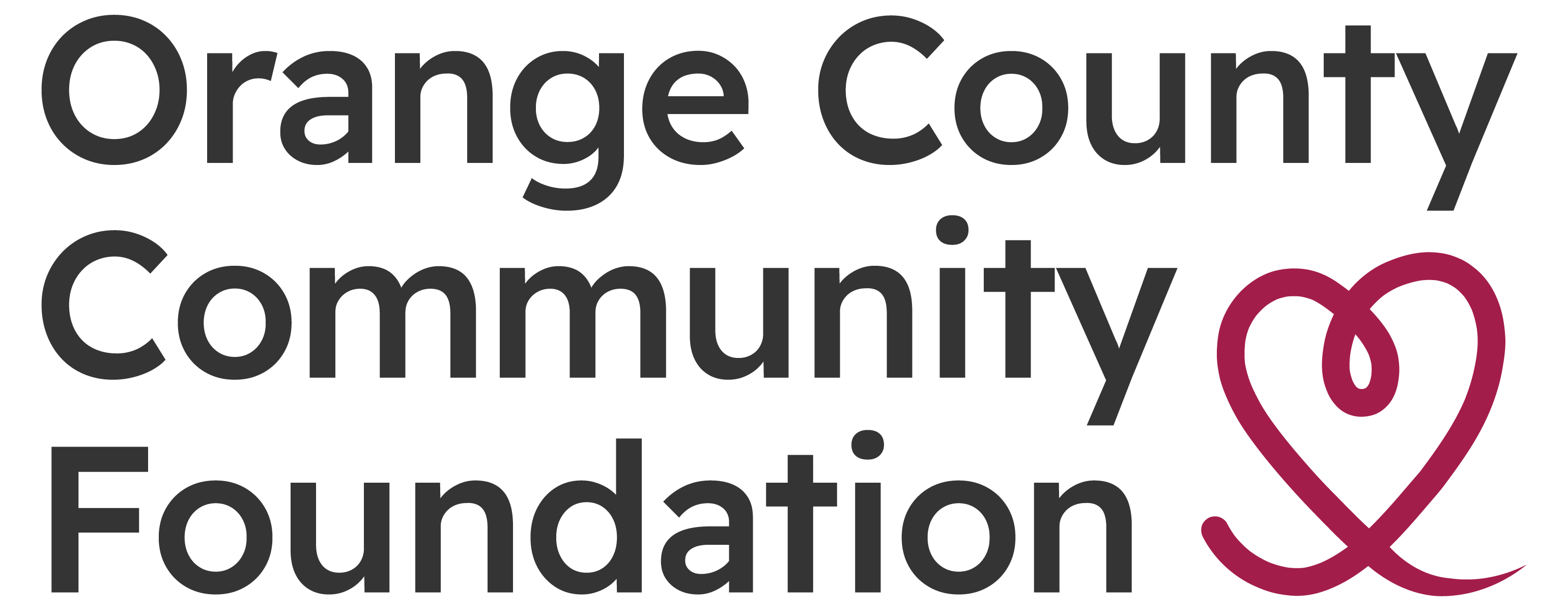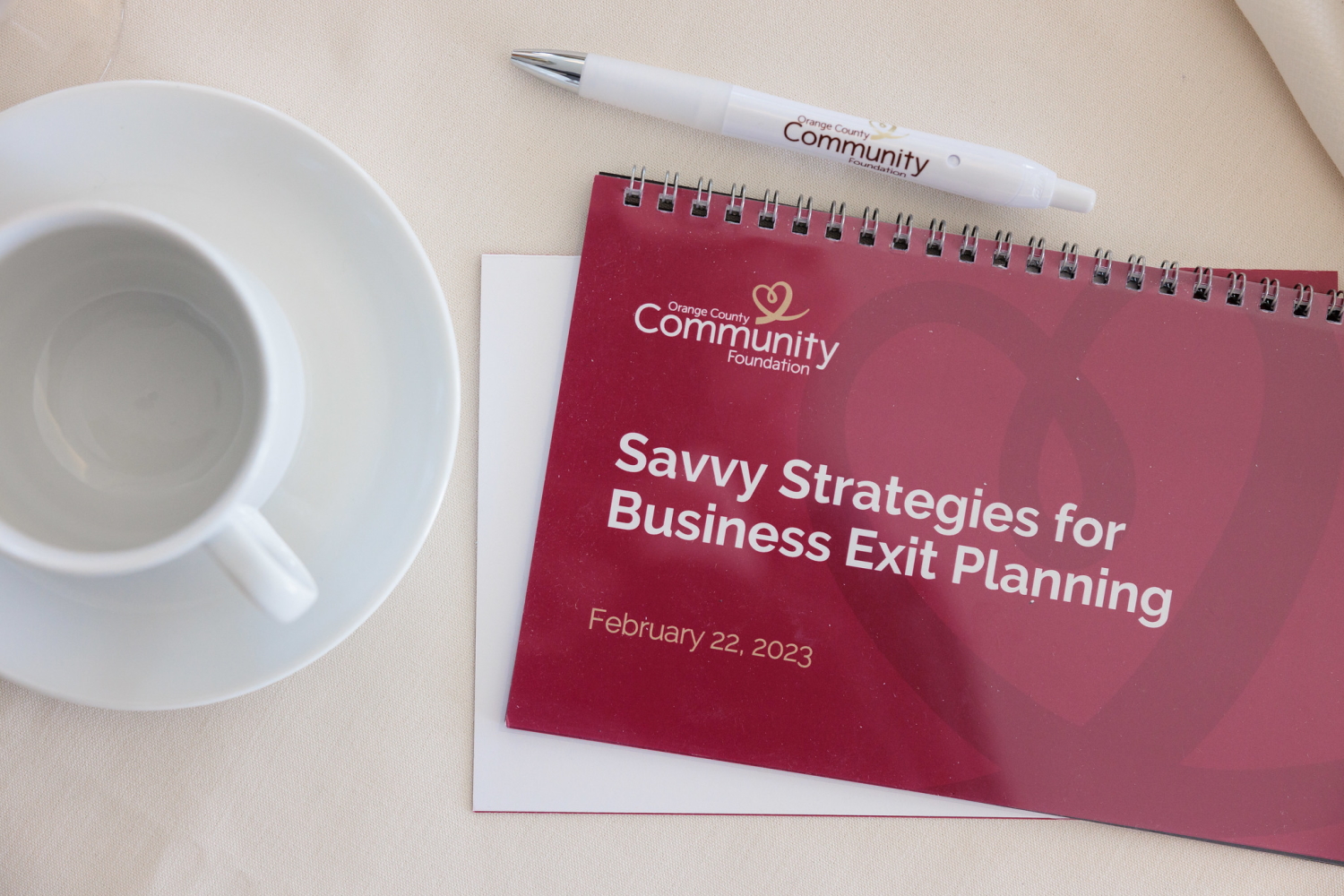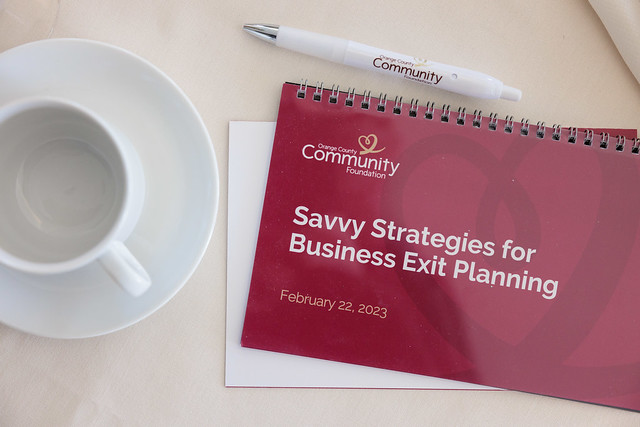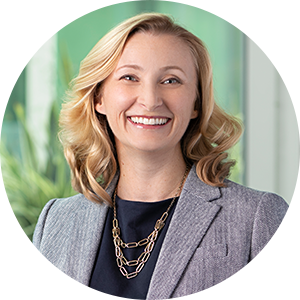Are you planning to sell your business? Contemplating a merger or acquisition?![]() OCCF recently gathered leading expert advisors and entrepreneurs to share lessons learned and best practices when planning for the sale of a privately held business and the role charitable giving can play in the process.
OCCF recently gathered leading expert advisors and entrepreneurs to share lessons learned and best practices when planning for the sale of a privately held business and the role charitable giving can play in the process.
In Part 3 of our three-part series, we bring you some lessons learned from our panel of entrepreneurs for planning and executing the business transaction.
On Advisors
On Selling a Company
On Timing the Sale
On Value
On Charitable Giving
On Grief After the Sale
Special thanks to our panel of entrepreneurs:
Larry Green is a native of South Africa who immigrated to the U.S. in 1992 when he founded System Pavers in OC – the largest residential outdoor living specialty firm in the U.S. After 30 years as CEO, Larry sold a majority of his interest in 2022 to an investment firm based in London and New York. Larry served as a trustee of The African Wildlife Foundation, a non-profit based in Nairobi and Washington DC, for 10 years and is now the incoming Chair of The Board of Trustees.
Janet Steiner was the CEO of Thoro Packaging For thirty-six years. Under Jan’s leadership, Thoro became an industry leading packaging solutions company for medical, pharmaceutical, health and beauty, and specialty product markets. In 2018, Jan sold Thoro Packaging, located in Corona, CA, to the Global Packaging Company, Autajon, headquartered in Paris, France. Jan has been the recipient of several awards and now spends much of her time advising entrepreneurs.
Douglas Circle’s lifelong entrepreneurial pursuit began with him selling strawberries from his own roadside stands, at age 14. From 1978 – 2005, he acquired and consolidated 20 companies and ultimately operated as Sunrise Growers, Inc., the largest processor of frozen strawberries in the U.S. In 2003 he sold that entity to private equity investors. Presently, he is the President and CEO of Circle Vision, LLC, the investment vehicle that manages his ongoing business enterprises, which include agriculture, finance, and commercial real estate.
Please reach out to Margita Blattner, Senior Director of Philanthropic Strategy at the Orange County Community Foundation with any questions.
